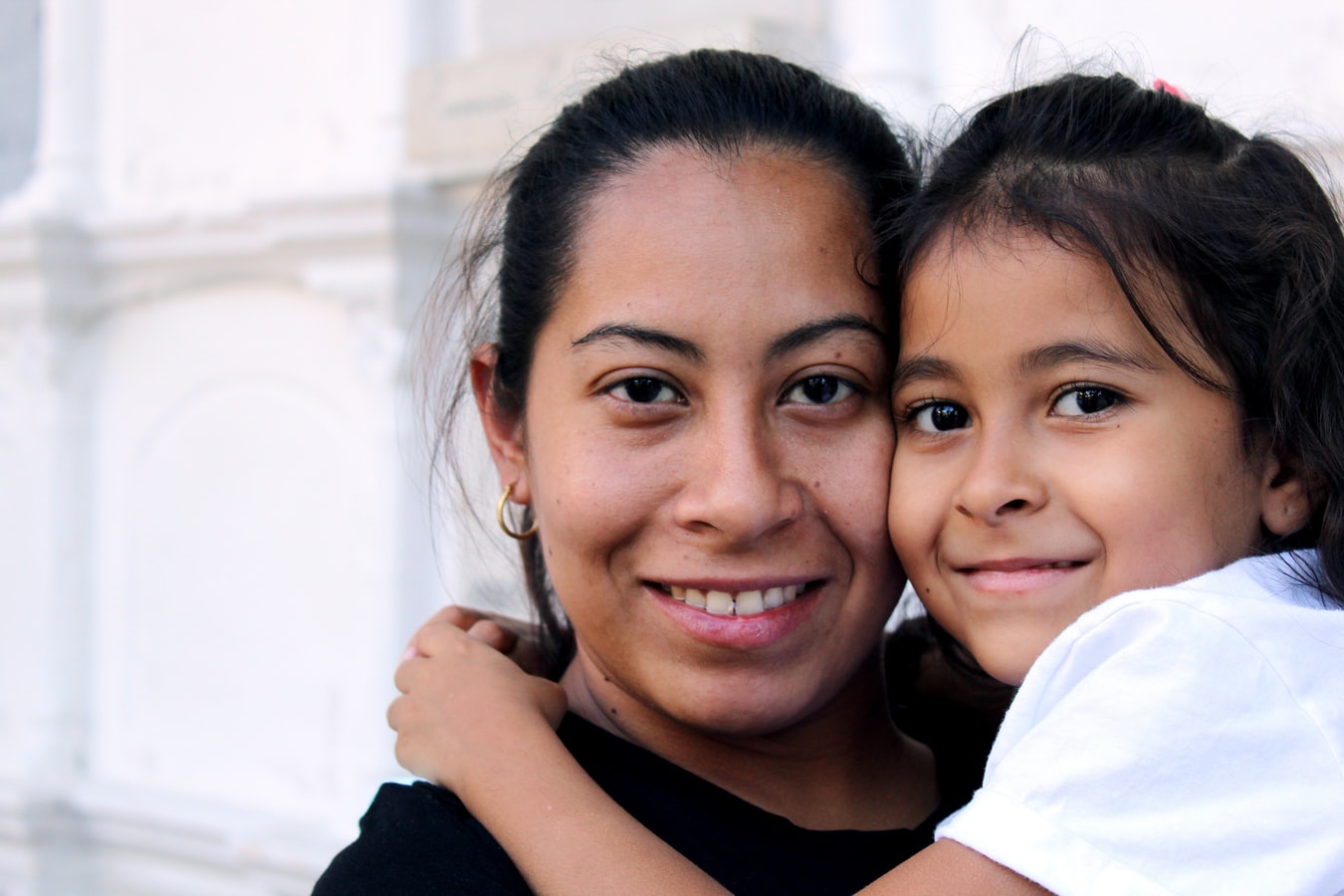Become Informed
Gather all the information you can about domestic violence. Our resources page lists websites with helpful information, explanation of domestic violence, and tactics recommended to approach a loved one if you suspect they are experiencing domestic violence. Sometimes your own feelings about the abuse may make it difficult for you to confront the situation. You can contact our 24-hour hotline (913) 262-2868 to speak to an advocate about your concerns.
Give Information on Community Service
When asked for advice on what to do, share the information you have gathered. Let your loved one know they are not alone and there are resources available to help them. Be aware that not all helping professionals are fully aware of the complex dynamics of intimate partner abuse. If the person is not helpful, encourage them to find assistance elsewhere.
Be a Friend & Lend a Sympathetic Ear
Letting your friend know you care and are willing to listen may be the best help you can offer. Don’t force this issue. Keep your mind open and really listen to what is being said. Never blame the person for what is happening or underestimate the fear of potential danger. Never repeat what has been told to you to the abuser, unless given permission. Remember that your friend or family member must make their own decisions. Focus on supporting your friend or family member’s right to make their own choices. Provide whatever you can to help: transportation, childcare, financial assistance, etc.
Help Develop a Safety Plan
Encourage your friend or family member to develop a safety plan to protect themselves and their children. Help them think through the steps they should take if their partner becomes abusive again. Make a list of people they can call in an emergency and places they can go.
Believe, Validate, and Acknowledge Injustice
Listen to your loved one and believe them. Acknowledge their feelings and let them know they are not alone. Let them know the abuse is not their fault. Respect their decisions. There are many reasons why individuals experiencing domestic violence stay in abusive relationships. They may leave and return to the relationship many times. Try not to be judgmental-instead showing support and love.
If Your Friend or Family Member Decides to Leave
If they decide to leave, a domestic violence shelter may be an option and a safe place to go. However, not all communities have shelters. Contact the National Domestic Violence Hotline to find out where the nearest shelter is located. Be very careful when offering and providing safety in your home. The most dangerous time for a victim of domestic violence is when a person is leaving an abusive relationship.
When to Intervene
It cannot be overemphasized that domestic violence can result in serious physical injury or death. If you know that a domestic violence incident is occurring, contact the police immediately.






